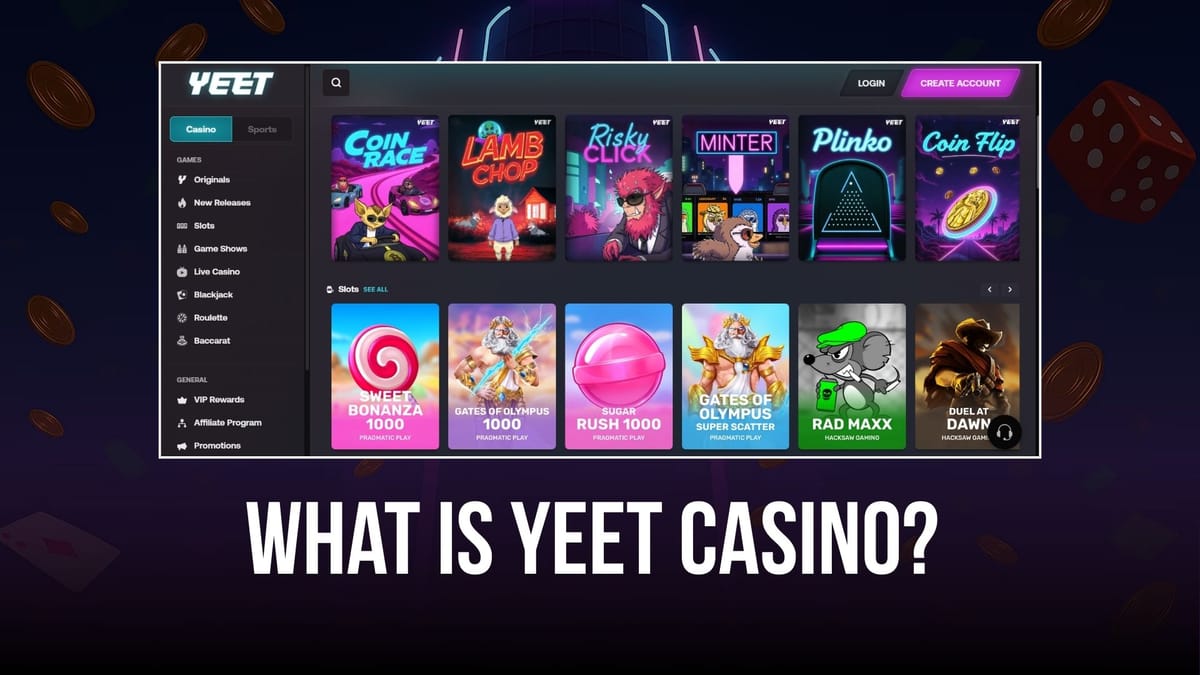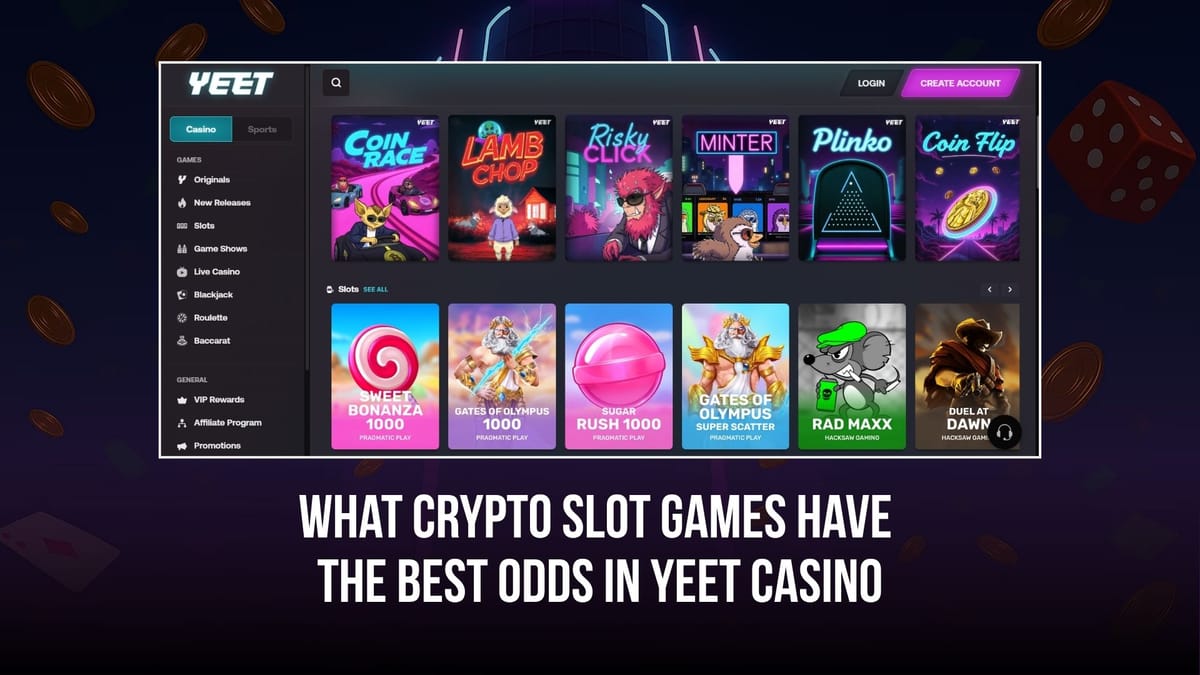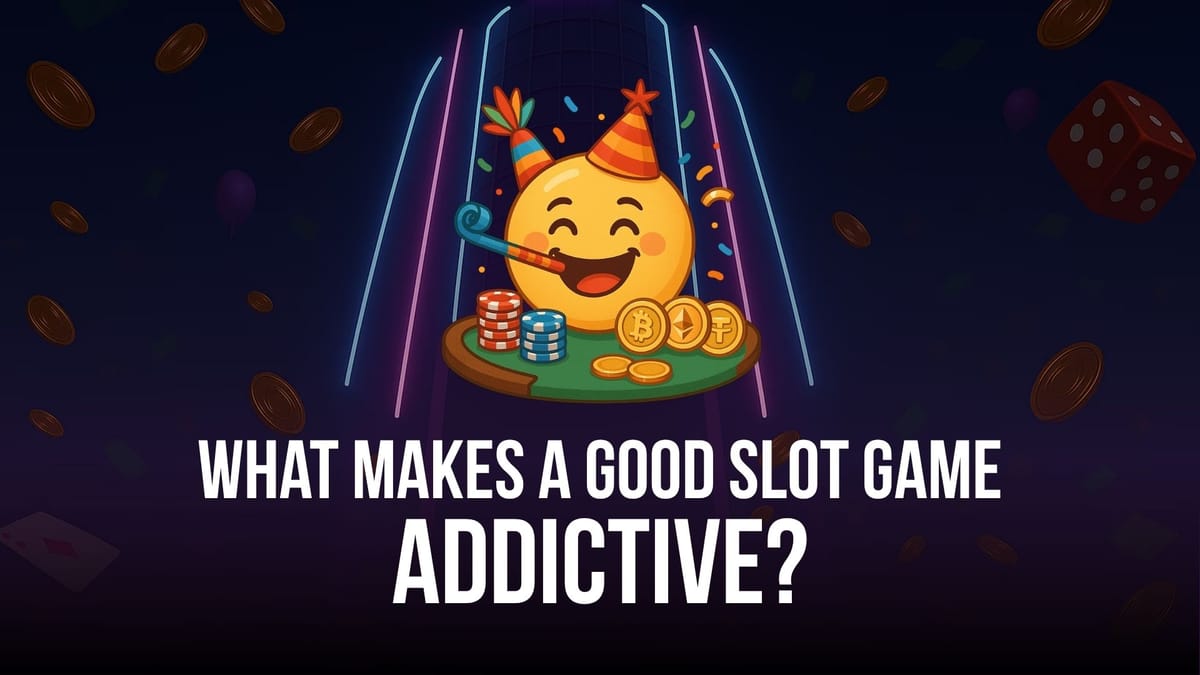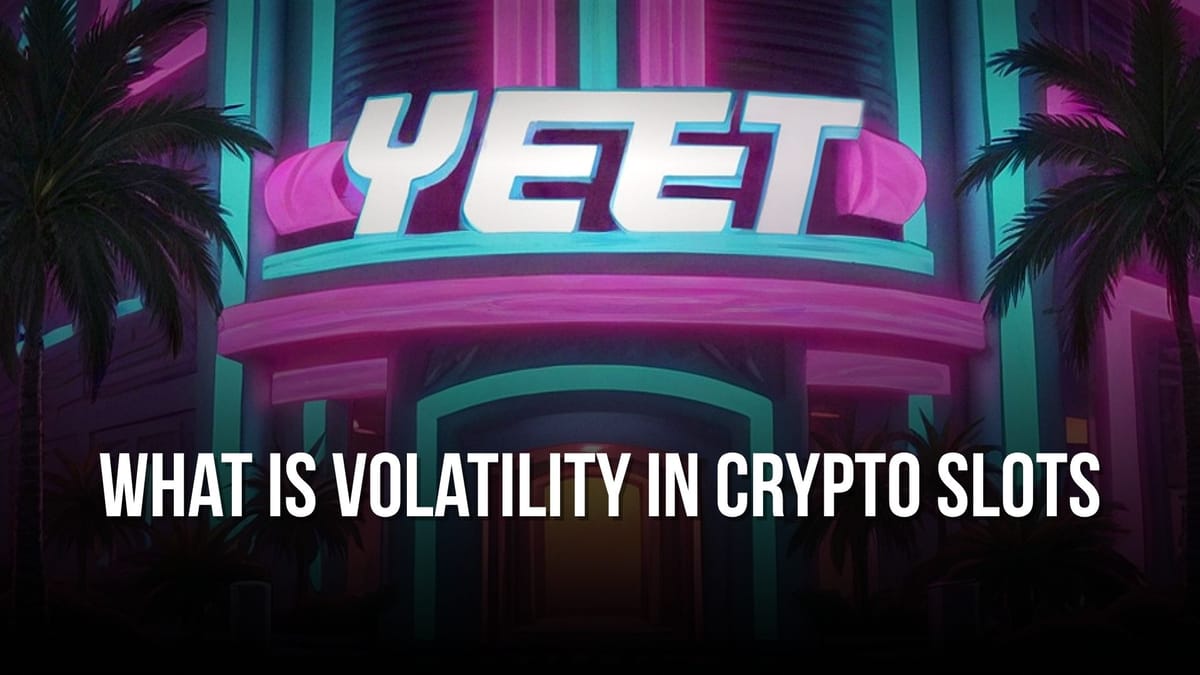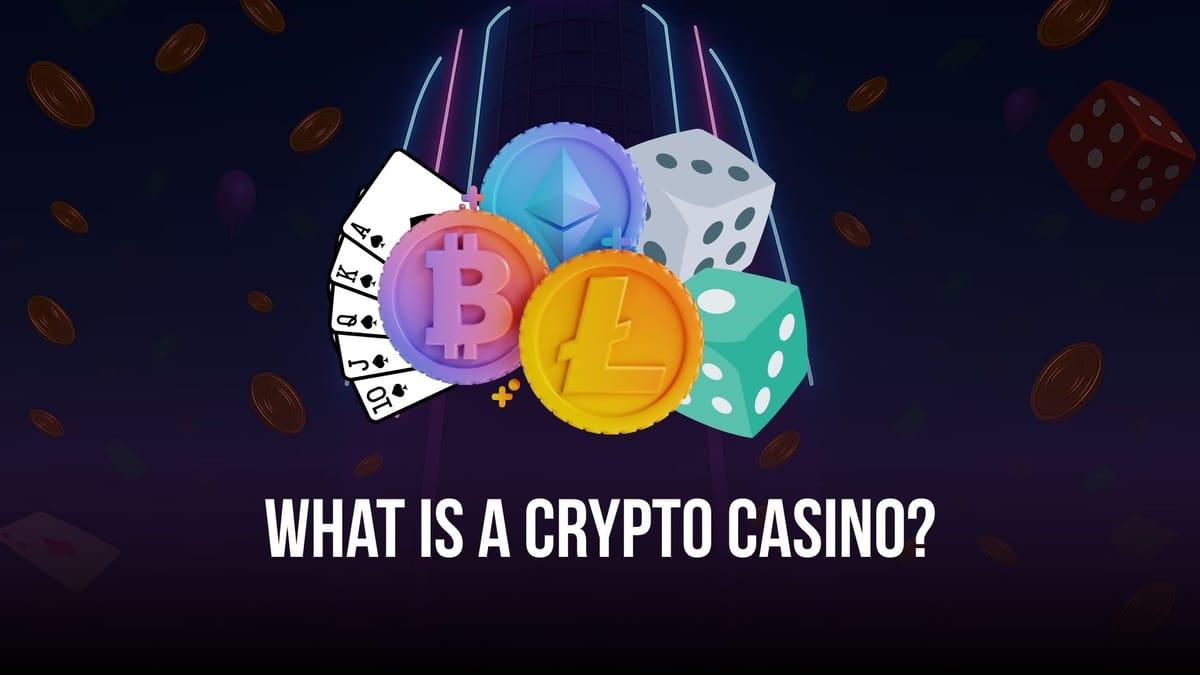What is a Smart Contract?
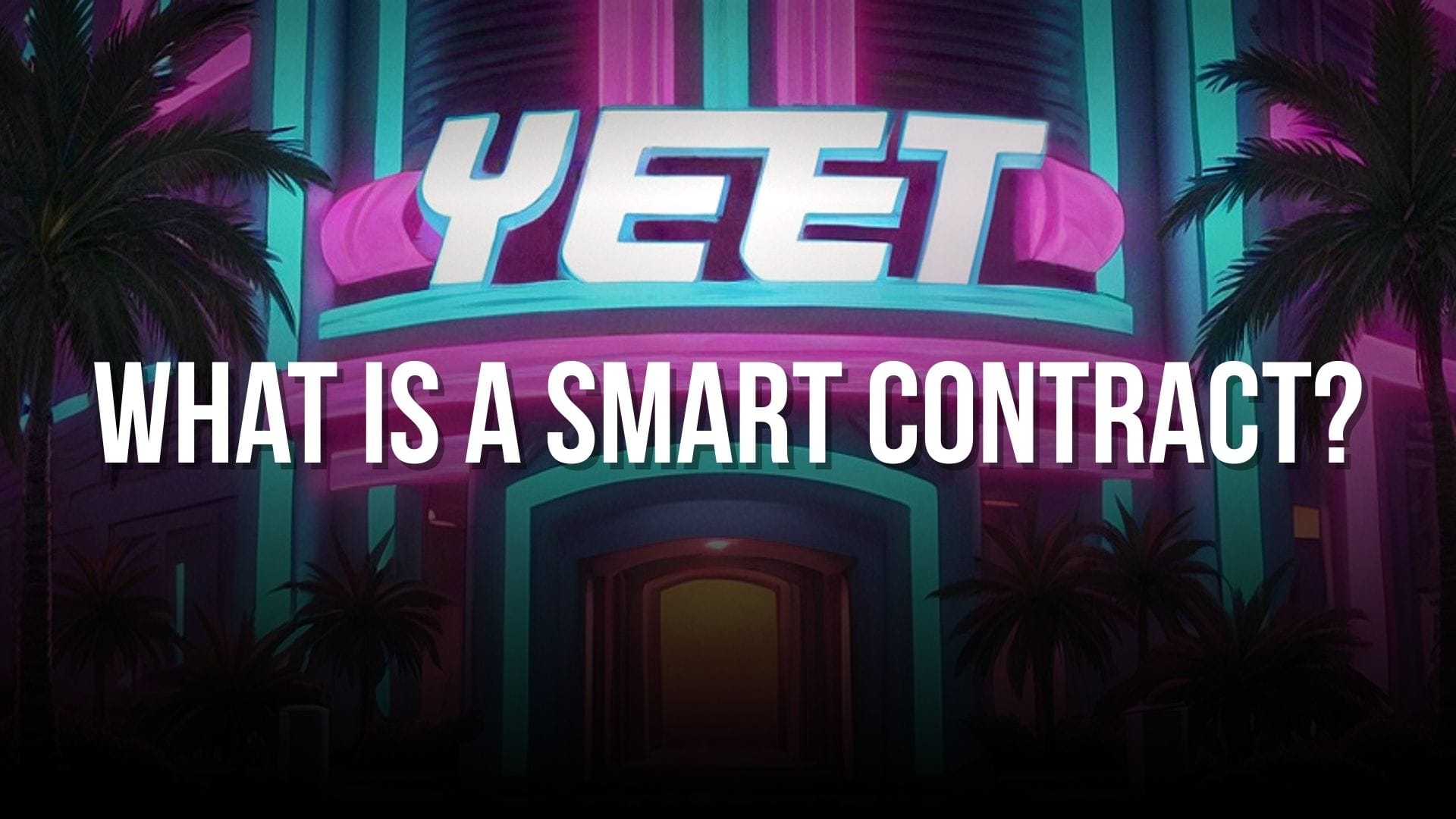
Ever wondered how those automated systems work in the crypto world, or maybe how online games can pay out winnings instantly? You've probably heard the term 'smart contract' thrown around, but what exactly is a smart contract? Think of it like a digital agreement that lives on the blockchain, automatically carrying out its terms when certain conditions are met. No need for lawyers or middlemen, just code doing its thing. This guide is here to break down what is a smart contract in simple terms, how it all works, and why it's becoming a big deal.
Key Takeaways
- A smart contract is basically a digital agreement written in code that automatically executes when specific conditions are met, all stored on a blockchain.
- These contracts are self-executing, meaning they run on their own once deployed, removing the need for manual intervention.
- They are unchangeable and transparent once on the blockchain, building trust because everyone can see the code and its execution history.
- Smart contracts automate processes, making things like payouts in online games or managing supply chains much faster and more efficient.
- While powerful, smart contracts can have bugs or face legal questions, so understanding their limitations is important.
Understanding What Is a Smart Contract
So, what exactly is a smart contract? Think of it as a digital agreement that lives on a blockchain. It's basically a piece of code that automatically executes when certain conditions are met. You know, like when you're playing at a place like Yeet Casino and you hit a winning combination – a smart contract could be programmed to automatically send your winnings to your account. Pretty neat, right?
The Core Concept of Smart Contracts
At its heart, a smart contract is a self-executing agreement. The terms of the agreement are written directly into lines of code. This code, along with the agreements contained therein, exist across a distributed, decentralized blockchain network. The code controls the execution, and transactions are trackable and irreversible. This means that once a smart contract is deployed, it runs exactly as programmed without any possibility of downtime, censorship, fraud, or third-party interference. It's a way to automate and enforce agreements in a way that's both secure and transparent. You can find more about how these work on the Ethereum blockchain.
How Smart Contracts Function
Smart contracts work by following a simple logic: "if this, then that." When a specific condition is met, the contract automatically triggers the next action. For example, if a payment is received, the contract might automatically release a digital asset. This automation is what makes them so powerful. They remove the need for intermediaries, speeding up processes and reducing the chance of errors. They are essentially programs that run when certain conditions are met, making them a core part of blockchain technology, especially on platforms like Ethereum. This allows for automated and transparent transactions and agreements without needing a middleman. You can learn more about how they function in this explanation.
The Role of Blockchain in Smart Contracts
Blockchain technology is the backbone of smart contracts. Because smart contracts are stored and executed on a blockchain, they inherit its key features: immutability, transparency, and security. Once a smart contract is deployed, its code cannot be altered, and its execution is recorded on the blockchain for everyone to see. This makes them incredibly trustworthy. The decentralized nature of the blockchain means that no single entity controls the contract, further enhancing its security and reliability. This integration allows for automated execution and enforcement of contract terms, using the security and transparency that blockchain offers. This is a key aspect of smart legal contracts.
Here's a quick look at how they operate:
- Code is Law: The terms are written directly into the code.
- Triggering Events: Predefined conditions must be met for execution.
- Automated Execution: Once triggered, the contract performs its programmed actions.
- Blockchain Record: All transactions are permanently recorded on the blockchain.
Smart contracts are designed to automate agreements, making them more efficient and reliable by removing the need for manual intervention and intermediaries. They are a powerful tool for creating trust in digital transactions.
Key Characteristics of Smart Contracts
Smart contracts are pretty neat because they're basically agreements that run themselves.
Think of them as digital contracts where the terms are written directly into code.
When certain conditions are met, the contract automatically executes the agreed-upon actions.
This means no one has to manually check if something happened or if a payment needs to be made; the code handles it all.
So, how do they actually work?
You've got the code, which is like the set of rules.
Then, you have the blockchain, which is where this code lives and operates.
When an event occurs that the contract is watching for, it triggers the next step.
For example, if you're playing a game on a platform like Yeet Casino and you win, the smart contract can automatically send your winnings directly to your digital wallet.
It's all about automation and removing the need for a middleman to verify and process things.
This makes transactions much faster and more reliable.

The blockchain is super important here.
It's what makes smart contracts secure and transparent.
Because they live on the blockchain, they're incredibly difficult to tamper with or change once they're deployed.
This immutability, combined with the public nature of most blockchains, means you can trust that the contract will do exactly what it's programmed to do, and everyone can see the transactions happening.
It’s a pretty big deal for building trust in digital agreements.
Applications of Smart Contracts
Smart contracts are really starting to show up in all sorts of places you might not expect.
They're not just for complex financial stuff anymore.
Think about gaming, for instance.
Platforms like Yeet Casino are using smart contracts to automate payouts for winners.
This means you get your winnings almost instantly, without waiting for manual processing.
It’s a big change from traditional systems where you might have to wait days for your money.

Beyond just gaming, smart contracts are also making waves in supply chain management.
They can track goods as they move, automatically triggering payments or updating records when certain conditions are met.
This transparency helps reduce errors and speeds up the whole process.
You can also see them used for digital identity verification, where your identity details are securely managed and only shared with your permission, all thanks to smart contract logic.
It's pretty wild how these self-executing agreements are changing how we do things.
They offer a way to build trust and efficiency into processes that used to be slow and complicated.
Automated Payouts in Gaming
In the world of online gaming, especially with the rise of crypto casinos, smart contracts are a game-changer.
They enable instantaneous and automated payouts to winners.
This removes the need for manual intervention, speeding up the process and reducing the chance of errors.
For example, Yeet Casino leverages this technology to ensure players receive their winnings quickly and securely, directly to their crypto wallets.
This not only enhances the player experience but also builds trust through transparent and automated reward distribution.
Supply Chain Management
Smart contracts can revolutionize supply chains by creating a transparent and automated system for tracking goods.
Each step of a product's journey, from manufacturing to delivery, can be recorded on the blockchain.
When a product reaches a certain checkpoint, a smart contract can automatically trigger the next action, like releasing payment to a supplier or updating inventory records.
This reduces paperwork, minimizes disputes, and increases overall efficiency.
You can explore how these contracts are fundamental to various applications in supply chain solutions.
Digital Identity Verification
Managing digital identities is another area where smart contracts are proving useful.
They can be used to create secure, self-sovereign digital identities.
Instead of relying on a central authority to verify your identity, a smart contract can manage your verified credentials.
You control who gets access to what information, and the contract ensures that only authorized parties can view specific data.
This offers a more private and secure way to handle personal information, making processes like verifying digital assets much smoother.
Benefits of Implementing Smart Contracts
When you start using smart contracts, you'll notice a few big advantages.
First off, they really cut down on the need for middlemen.
Think about it, instead of having several people or companies involved in a deal, a smart contract can handle it all automatically.
This means fewer chances for errors and less money spent on fees.
It's like when you play at a place like Yeet Casino; they use smart contracts to make sure payouts are quick and fair, cutting out a lot of the usual banking hassle you'd find elsewhere.
Another major plus is how secure they are.
Because smart contracts live on the blockchain, they're incredibly difficult to tamper with.
This immutability builds a lot of trust because you know the terms of the agreement won't change after the fact.
You get a really transparent system where everyone can see what's happening, but nobody can secretly alter it.
This level of security is a game-changer for many industries.
Finally, the efficiency you gain is pretty significant.
Since these contracts are self-executing, they can run automatically when certain conditions are met.
This speeds things up considerably.
Imagine automating payouts for a gaming tournament or managing supply chain logistics – it all happens much faster and with less manual input.
This automation is a big reason why businesses are looking into smart contracts more and more.
Here’s a quick rundown of the key benefits:
- Reduced Intermediaries: Fewer third parties mean lower costs and fewer points of failure.
- Enhanced Security: Blockchain's inherent security makes contracts resistant to fraud and tampering.
- Increased Efficiency: Automation speeds up processes and reduces manual effort.
- Greater Transparency: All parties can view the contract terms and execution on the blockchain.
- Improved Trust: The immutable and transparent nature builds confidence between participants.
The ability to automate complex agreements without relying on traditional intermediaries is a core strength of smart contracts, streamlining operations and building trust in digital transactions.
Potential Challenges and Limitations
While smart contracts offer a lot of cool benefits, they aren't without their problems.
You've got to be aware of the potential downsides before you jump in.
It's not all smooth sailing, and sometimes things can get a bit tricky.

Code Vulnerabilities and Bugs
Think of smart contracts like any other software – they're written in code.
And just like any software, that code can have mistakes, or bugs.
If a smart contract has a vulnerability, it could be exploited by someone looking to cause trouble.
This could lead to lost funds or unexpected behavior.
For example, if a smart contract on a platform like Yeet Casino had a bug in its payout logic, it could mess up how winnings are distributed.
It's super important that the code is thoroughly tested and audited before it's put to use.
Legal and Regulatory Uncertainty
This is a big one.
The legal landscape around smart contracts and the technologies they often work with, like blockchain, is still pretty new and evolving.
Different places have different rules, and sometimes it's not even clear how existing laws apply to smart contracts.
This uncertainty can make it hard for businesses and individuals to know if they're operating within the law.
For instance, the legality of crypto casinos, like YEET Casino, can vary quite a bit depending on your location.
Scalability and Interoperability Issues
Smart contracts often run on blockchains, and sometimes these blockchains can get really busy.
When lots of people are trying to use the network at the same time, it can slow things down and make transactions more expensive.
This is known as a scalability problem.
Also, getting different smart contracts or different blockchains to talk to each other, which is called interoperability, can be a challenge.
Imagine trying to get a smart contract on one blockchain to interact with one on another – it's not always straightforward.
It's important to remember that even though smart contracts automate processes, they still rely on external data to trigger their actions. This is where the 'Oracle Problem' comes in. Smart contracts can't directly access real-world information, so they need trusted third-party services called oracles to feed them data.
If these oracles are compromised or provide incorrect information, the smart contract will execute based on that bad data, leading to unintended consequences.
So, while smart contracts are powerful tools, you need to go into them with your eyes open to these potential challenges.
Being aware of these issues can help you use them more effectively and avoid nasty surprises.
The Future of Smart Contracts
The world of smart contracts is constantly evolving, and you're probably wondering what's next.
Well, the future looks pretty exciting, with a lot of new developments on the horizon.
Think about how much things have changed already; it's pretty wild.
We're seeing smart contracts become more sophisticated, integrating with other cutting-edge technologies, and finding their way into more and more industries.
It's not just about automating simple agreements anymore; it's about building entirely new systems and experiences.

Advancements in Smart Contract Technology
Developers are always working to make smart contracts better.
This means making them more secure, more efficient, and easier to use.
We're seeing improvements in programming languages used for smart contracts, better tools for testing and debugging, and new ways to handle complex logic.
For instance, advancements in zero-knowledge proofs could allow for more private and scalable smart contract interactions, which is a big deal.
Imagine using smart contracts for sensitive data without revealing the data itself – that's the kind of innovation happening.
Integration with Emerging Technologies
Smart contracts aren't going to exist in a vacuum.
They're increasingly being linked with other technologies that are shaping our future.
Think about the Internet of Things (IoT) – smart contracts could automatically trigger actions based on data from IoT devices, like managing energy consumption or automating supply chain logistics.
Then there's artificial intelligence (AI); AI could potentially analyze contract performance or even help in writing more robust smart contracts.
We're also seeing a lot of synergy with decentralized finance (DeFi) and non-fungible tokens (NFTs), creating new financial instruments and digital ownership models.
For example, platforms like Yeet Casino are already exploring how smart contracts can automate payouts and ensure fair play, showing how these technologies can work together in practical applications.
Broader Adoption Across Industries
As smart contracts mature, you'll see them pop up in places you might not expect.
Beyond the usual suspects like finance and supply chains, they're being explored for digital identity management, healthcare record keeping, voting systems, and even intellectual property rights.
The ability of smart contracts to provide transparency, security, and automation makes them attractive for streamlining processes and reducing the need for intermediaries across many sectors.
This wider adoption is a testament to their growing utility and the trust people are placing in blockchain-based solutions.
The outlook for the smart contracts market is really positive because they streamline processes and boost security.
As their use expands, smart contracts are set to revolutionize financial services, supply chains, and even the metaverse.
The ongoing development and integration of smart contracts suggest a future where automated, trustless agreements are the norm, fundamentally changing how we interact and transact in the digital and physical worlds.
The world of smart contracts is changing fast! These digital agreements are becoming super important for many things, like making online games fairer or helping businesses work together smoothly.
Want to know more about how this tech is shaping our future? Check out our website for the latest updates and insights!
Conclusion
So, you've learned about smart contracts and how they work.
They're basically automated agreements that live on the blockchain.
Think of them as digital vending machines for deals – put in the crypto, and the contract automatically gives you what you agreed on, no middleman needed.
This makes things faster and often cheaper.
While they're still pretty new, you're seeing them pop up in all sorts of places, from finance to gaming.
It's worth keeping an eye on how they develop, because they could change the way we do business online in a big way.
Frequently Asked Questions
What exactly is a smart contract in simple terms?
Think of a smart contract like a digital agreement that automatically does what it says it will do. It's like a vending machine for agreements. You put in your crypto (like money), and if the conditions are met, the contract automatically gives you what you agreed upon, like game winnings. It's all handled by computer code on a blockchain, which makes it super secure and transparent.
How do these digital contracts actually work?
Smart contracts work by using code that lives on a blockchain. This code has rules written into it. When certain things happen, like a bet being won, the code automatically checks if the rules are met. If they are, it carries out the action, like sending the prize money. Because it's on a blockchain, nobody can tamper with it once it's set up.
Why is the blockchain so important for smart contracts?
Blockchain is super important because it's like a public, unchangeable record book. Smart contracts live on this book. This means that once a contract is made, it can't be changed or deleted by anyone. Plus, everyone can see that it's there and how it works, which builds a lot of trust and makes things fair.
What are the main benefits of using smart contracts?
Smart contracts are really good at making things happen automatically and without needing a middleman. For example, in online games, they can instantly pay out winnings to the right player without needing a person to approve it. This makes everything faster, cheaper, and less prone to errors or cheating.
Are there any downsides or problems with smart contracts?
While super useful, smart contracts aren't perfect. Sometimes, the code can have mistakes or 'bugs' that someone could exploit. Also, the rules for smart contracts aren't always clear in the real world, so figuring out the legal side can be tricky. Making them work with different systems can also be a challenge.
What does the future look like for smart contracts?
The idea is that smart contracts will become even more common and powerful. We'll likely see them used in all sorts of places, not just online casinos, but for things like managing digital tickets, verifying identities, or even making sure products move correctly through supply chains. Technology is always improving, so they'll get smarter and more useful over time.
More Yeet Casino Guides:
